Bankruptcy Cost
The cost of filing for bankruptcy can vary based on a number of factors, including what type of bankruptcy is being filed and the additional legal costs involved. While it is possible to “DIY” a bankruptcy, the complexities of filing the appropriate paperwork, working with the trustee or committee, and creating a repayment or restructuring plan can be enormous. Attorneys are a valuable asset to ensure the best possible outcome for their clients. The more complex the type of bankruptcy, the more work is required from the legal team, which is reflected in legal fees. For example, Chapter 7 bankruptcy is considered the most straightforward bankruptcy filing. The filing fee is $338, not including legal fees. Chapter 13 is more complex. It has a $313 filing fee, but legal fees can be double the cost of Chapter 7. However, Chapter 13 payment plans can be structured to allow legal fees to be paid from the debt repayment plan, with little to no money down. Chapter 11 is considered the most expensive type, due to its incredibly complex nature. The filing fee is $1,717, but Bloomberg Law reports that the overall cost of filing Chapter 11 is 1-2 percent the value of a debtor’s assets in larger cases and 4-5 percent in smaller cases.
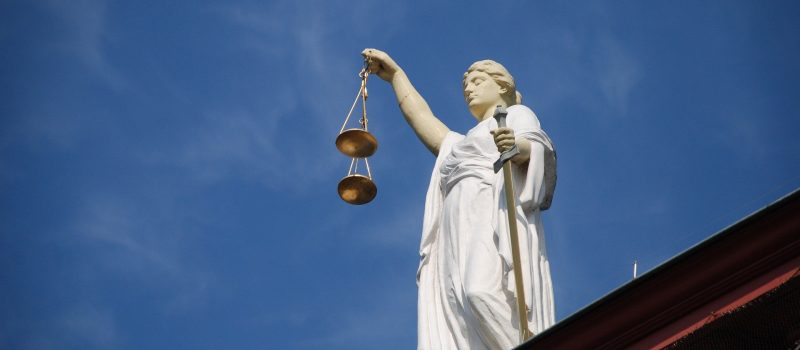
Bankruptcy Exemptions
Each state has laws that make some types of property off-limited to “unsecured” creditors (creditors with no lien on your property). Credit cards and medical bills are the most common types of unsecured debt. These creditors cannot force you to sell exempt property to pay off debts. Even if the creditor wins a judgment against you in court and takes the steps to attach a “judgment lien” to your property, you are still entitled to your exemption amount before sale proceeds are distributed to an unsecured creditor. If you sell your property, the creditor has a right to have its lien paid by the proceeds before you receive anything. If all of your property is protected by exemption laws, you are said to be judgment proof. In this situation, the case is known as a “no asset” bankruptcy. In the state of North Carolina’s exemption system, homeowners may exempt up to $35,000 of their home or other real property covered by the homestead exemption, as well as a $3,500 automobile exemption. North Carolina also permits the doubling of the homestead exemption for married couples filing joint bankruptcy. Exemptions only protect your property’s equity — the difference between your property’s value and what you owe to secured creditors.
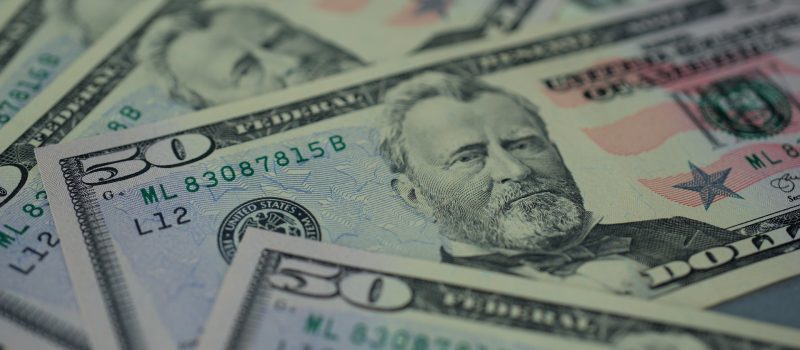
Chapter 7 Bankruptcy
Chapter 7 , Also known as a “Straight Bankruptcy”, Is what most people think of when they think of bankruptcy cases. A trustee is appointed to liquidate the assets, and all of the debtor’s debts, with a few exceptions, are discharged. The debtor get to keep what property falls under North Carolina homestead exemption.Oftentimes, people opt to maintain mortgage payments and car payments in order to retain the property secures the solutions.
Liquidation
Chapter 7 bankruptcy is so called because its law is found in Chapter 7 of the federal Bankruptcy Code. This form of bankruptcy is also called “straight” or “liquidation” bankruptcy because a bankruptcy trustee might sell (or “liquidate”) some of your property in order to repay your creditors. In Chapter 7, your trustee also cancels many, if not all, of your outstanding debts. Who is a bankruptcy trustee? A trustee is assigned to your case by the Bankruptcy Administrator’s Office. The trustee is most often a lawyer with experience in bankruptcy law, who will review your petition, administer your estate, and run the meeting of the creditors, as well as assuring that there is no fraud. You would receive a fastpass for Chapter 7 if you are a disabled veteran who incurred debt while in active military service or if your debt has come primarily from running a business. Others are subject to eligibility requirements, including your current monthly income (comparative to the median family income in North Carolina) and your previous bankruptcy history. Likewise, you may not have defrauded creditors. These requirements and others are taken into consideration when ruling on your eligibility for Chapter 7.

Chapter 11 Bankruptcy
Chapter 11 Is a business reorganization case. Business people like, for instance, Donald Trump uses a way to restructure their corporate debt. Basically, the plan was filed with the court is voted on by the companies creditors. Once the plan is adopted, it becomes the restructured debt,. Chapter 11 is expensive and time-consuming, and works best for a business which needs printing, but is in the position to pay some of its debt over the long haul.
While Chapter 7 bankruptcy is often filed by individuals looking to eliminate unsecured debts, such as personal loans or credit cards that have no collateral for the loan, Chapter 11 bankruptcy is most often used by large businesses (though it can help small businesses and certain individuals, as well) as a way to restructure debt and pay those debts back over time. In Chapter 11, a debtor remains in possession of their assets while running their business under court supervision to benefit creditors. The Bankruptcy Administrator generally appoints a creditor committee from among the largest creditors. The committee oversees the debtor’s actions and is the body that negotiates reorganization with the debtor. This form of bankruptcy is the most flexible, in that there is some freedom for the debtor in structuring repayment as well as no set time limits for the debt to be repaid. Because of the complexities of this type of bankruptcy, including the increased costs of filing the case, this is often much more expensive to the debtor than the other bankruptcy types. Though it is more complex and expensive, Chapter 11 bankruptcy may be useful for someone who does not qualify for Chapter 13 bankruptcy.
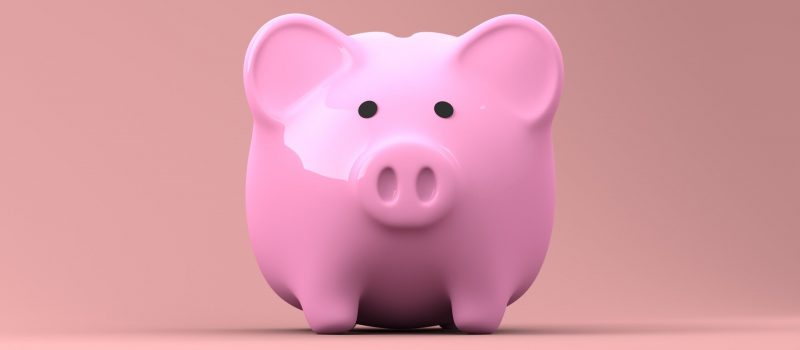
Chapter 12 Bankruptcy
Chapter 12 Is a reorganization case, much like chapter 13, except it is available only to farmers. Their special provisions, which are not included in chapter 13, which gives some flexibility to the farmer debtor, and recognize the different ways that farmers relate to their creditors, including especially banks, and the land.
Chapter 12 bankruptcy is relatively new in terms of bankruptcy laws. It allows both family farmers and family fishermen to restructure their finances to avoid foreclosure or liquidation of their businesses. It has many parallels to Chapter 13 bankruptcy, but provides more benefits to family fishermen and farmers. Congress enacted Chapter 12 in 1986 as an emergency measure as the economy tightened agricultural credit, which placed increased pressure on the family farming and fishing industries. These provisions were temporary until they were finally made permanent in 2005. Under Chapter 12 laws, only a family farmer or fisherman with “regular annual income” may be eligible for Chapter 12 protection. Regular income may be seasonal as long as it is stable enough for the debtor to make payments in a repayment plan. Debtors may be individuals, partnerships, or corporations, as long as they are engaged in a farming or fishing operation. Other financial and debt ratio qualifications also apply. To attain Chapter 12, a debtor files a petition while continuing their farming/fishing operations. A trustee is appointed to oversee operations and receive debt payments. The repayment plan period generally runs between three to five years, depending on the debtor’s circumstances.
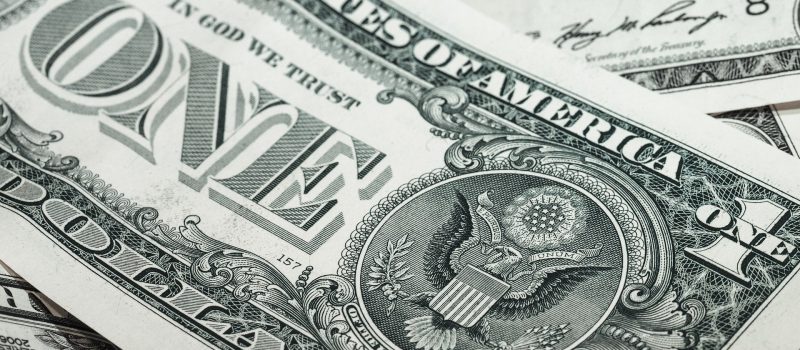
Chapter 13 Bankruptcy
Chapter 13 Works best for debtors to would lose something with a straight bankruptcy, either because the value of the asset seated, José extension, or they were behind with payments on the car. Basically, debtor files plan with the court as to how the creditors will be paid, makes a monthly payment to the bankruptcy trustee, who pays their creditors for the. The typical plans five years long. Often times, but I think the chapter 13 case is less than payments for secured creditors going forward. When vanished chapter 13 is that the attorneys fees are included in the monthly payment, so the only advanced payment you make to file chapter 13 is a $310 filing fee for clerk court. Then, beginning 30 days after the filing, the debtor make one payment to the bankruptcy trustee, which typically covers all of the debtor’s debts.
Chapter 13 bankruptcy is designed for individuals or married couples who, given several years, are capable of repaying their debts. Debtors must create a plan to repay their debts within a window of three to five years. Debtors must have regular income, which is why this type of bankruptcy is also called the “Wage Earner Plan.” Because Chapter 13 allows debtors to retain their property while repaying debts, it is often the most desireable bankruptcy option. Chapter 13 often allows individuals to modify their debts by reducing total amount of debts and interest rates depending on what kind of debt it is. To begin the process, a debtor must file a petition with bankruptcy court with a list of assets, debts, expenses, income, contracts, and current tax returns. The debtor must shortly after file a bankruptcy plan that the judge finds reasonable. Much like the several of the other bankruptcy types, a trustee oversees debt repayments to creditors. The debtor is not required to have direct contact with creditors under Chapter 13, and creditors are required to cease attempts to retrieve debts. This, like other bankruptcy types, affects a debtor’s credit score, remaining on reports for seven years.


